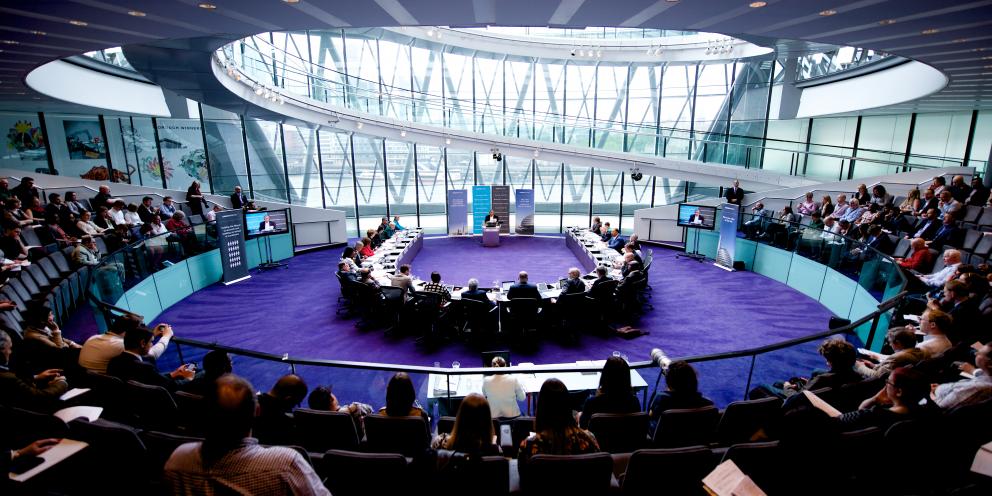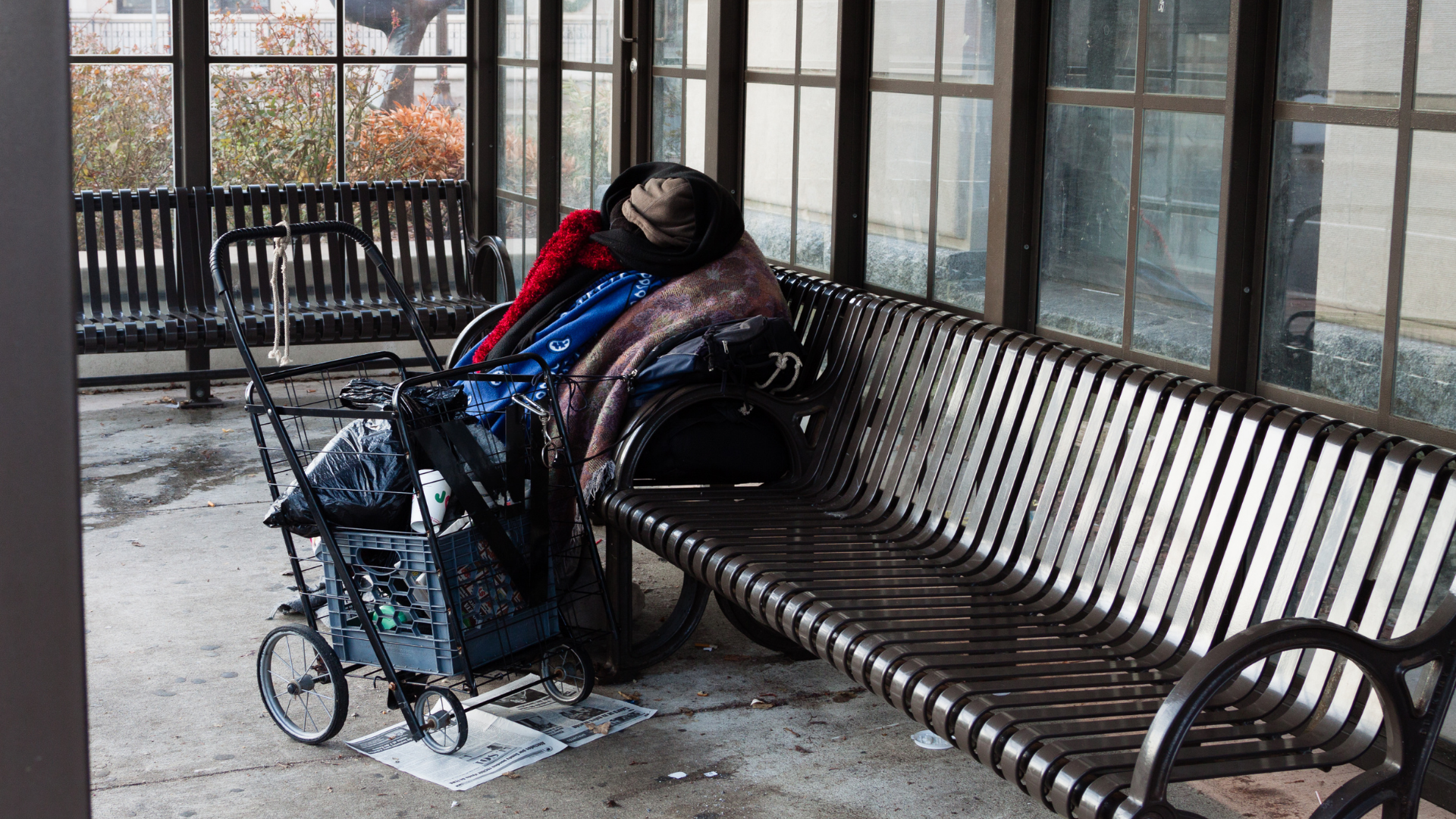How will Covid-19 affect housing in London? This was the wide-ranging topic of the London Assembly‘s Housing Committee on August 5th, at which Christine Whitehead gave evidence.
The starting point, not surprisingly, was to ask how the housing market was likely to respond and in particular whether first-time buyers (FTBs) would benefit from potential declines in house prices and the stamp duty holiday. The general view was that prices were likely to fall, but Christine said the reduced availability of high loan-to-value mortgages would probably make it harder for FTBs, and existing owners would benefit far more from the stamp-duty holiday.
A second question was what might happen when the moratorium on evictions across the rental sector ended. The backlog of earlier cases, together with the many households who have fallen into rent arrears during lockdown and are now threatened with eviction, could lead to a spike in homelessness – with major consequential impacts for local authorities. Conservative Assembly Member Andrew Boff said that if Labour Mayor Sadiq Khan were given the power to impose rent stabilisation—as he has requested—the policy might backfire, as under Khan’s proposals private rents would rise in line with an index rather than falling with the market.
Covid has also affected housing associations. The meeting heard how they were addressing rent arrears (working with tenants to make affordable plans). It considered whether the cross-subsidy model of producing affordable housing was still viable, and wondered if some associations might have to reduce their pipeline of the new build.
Perhaps the two most important questions asked were:
- What is likely to happen to the flow of migrants into London? This is threatened by worsening employment opportunities, the impact of Covid on the vibrancy of the capital, and maybe by smaller numbers of students – as well as outmigration pressures. Might London’s population actually fall? Would that necessarily be a bad thing?
- How can housing investment help London’s economy? Maintaining and increasing new build, including greater use of modern methods of construction, could help–but perhaps as powerful would be a large expansion in renovation and improving energy efficiency in existing homes, which would help both smaller builders and the environment.
Looking back now that the minutes are published some shorter-term trends seem to be rather more positive than we all felt in early August. However, the fundamentals have not changed and the next few months/years are sure to be difficult.





